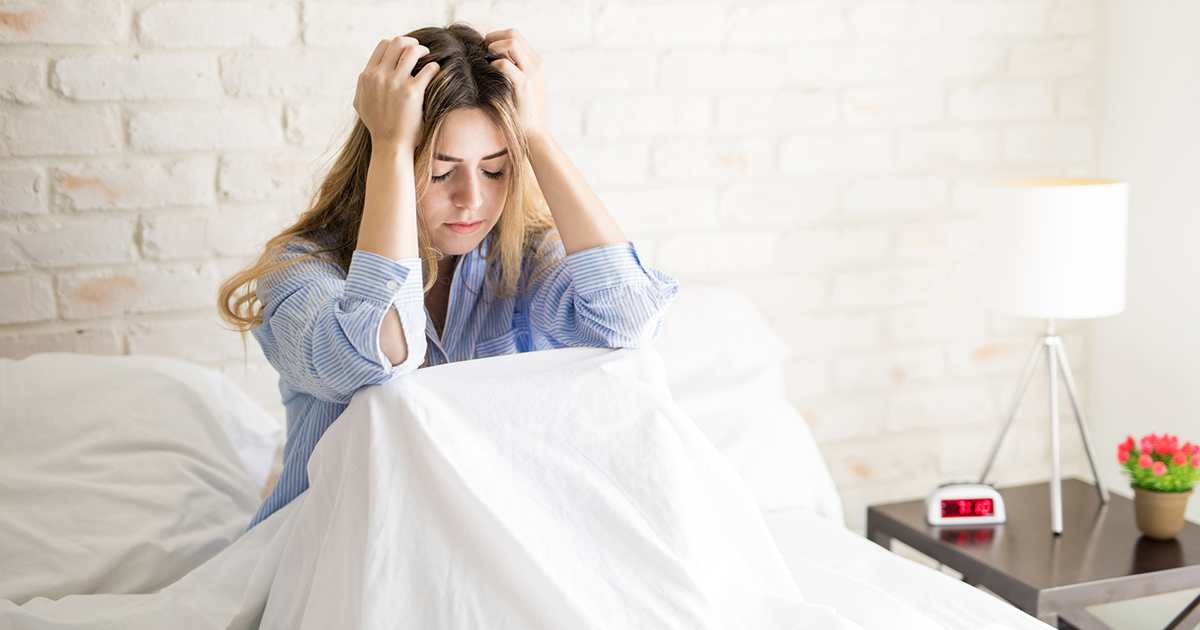How To Understand The Difference and Similarities Between Anxiety And Depression
Anxiety and depression often go hand in hand. Because of this, it is sometimes tough to know whether someone is experiencing one of these mental illnesses versus the other. Depression can sound like being in a bottomless hole whereas anxiety can seem like a condition in which affected individuals are full of energy. For this reason, it seems counterintuitive that someone could experience them simultaneously. And yet, it is not only possible but also common. To reduce some of the confusion about the similarities and differences between depression and anxiety, here is a quick reference guide on how these illnesses manifest themselves in life.
Not One And The Same

Approximately eighty percent of individuals who have been diagnosed with depression have also been diagnosed with some sort of anxiety disorder. In addition, roughly thirty percent of patients with depression have also been diagnosed with a form of panic disorder. As a result, it may seem like most individuals with depression have an anxiety or panic disorder. But this is not entirely true; there are many individuals who suffer only from depression or only from anxiety. There is also some confusion about the differences between these mental illnesses because some individuals incorrectly use the terms 'depression' and 'anxiety' interchangeably. However, depression and anxiety are distinct mental illnesses with different symptoms.
Depression

When thinking about depression, it is important to differentiate it from short-term sadness or feelings of unhappiness. Depression is a long-term condition and is considered a disorder when sad feelings keep affected individuals from performing activities because they have lost interest in them or feel overwhelmed with sadness. Typical symptoms of depression can include body aches and pains, lethargy, feeling hopeless, chronic fatigue, and contemplating self-harm. If any of these symptoms persist over an extended period (even for a few weeks), it is important to talk to a doctor. They may provide a referral to a psychiatrist who can assess the patient more thoroughly and possibly prescribe medication to alleviate symptoms.
